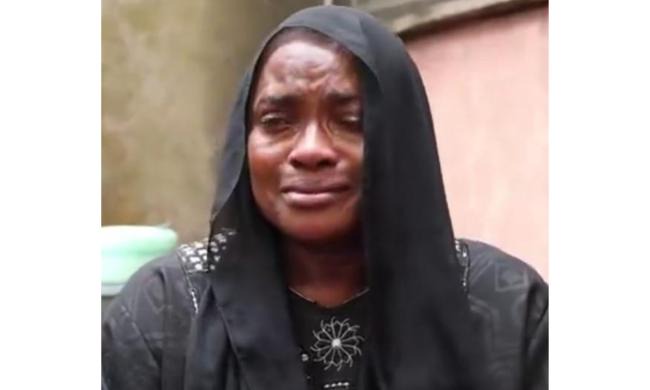
Bilikisu recalled the first unsettling signs she noticed before the tragic loss. Her daughter had been serving in Sango, Ogun State, as part of her mandatory National Youth Service Corps (NYSC) programme. Each time Adijat returned from her visits, Bilikisu observed scars on her daughter’s body that raised deep concern. These marks, initially brushed aside as possibly resulting from accidents or minor injuries, grew more alarming over time. The mother’s intuition led her to caution her daughter about the company she kept, particularly the man she was in a relationship with. Despite her warnings, Adijat, like many young adults, tried to balance parental concerns with her personal choices.
Upon reaching the house, Bilikisu reportedly fainted at the sight that greeted her, overwhelmed by the gruesome reality that her daughter was lifeless. As family members scrambled to attend to her, the authorities were called to the scene. Officers from Meiran Police Station arrived shortly thereafter to begin preliminary investigations. The police officers noted the presence of charms scattered across the premises, along with a bucket that was filled with blood. These discoveries intensified suspicions surrounding the nature of Adijat’s death, further fueling fears that ritualistic activities might have been involved in her demise.
The police investigation into the matter has reportedly commenced, but questions remain about how swiftly and thoroughly it will be pursued. Community members around Abule Egba have expressed concern, with some pointing out the need for more vigilance and better security measures to prevent such occurrences. The suspected use of ritual practices in crimes remains a sensitive issue across various parts of Nigeria, particularly in urban and semi-urban areas where traditional beliefs sometimes intertwine with criminal intent. This particular case adds to the growing number of unresolved deaths shrouded in suspicion, raising urgent calls for societal introspection and action.
